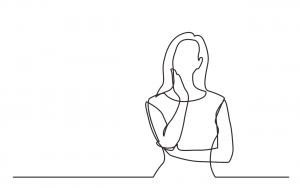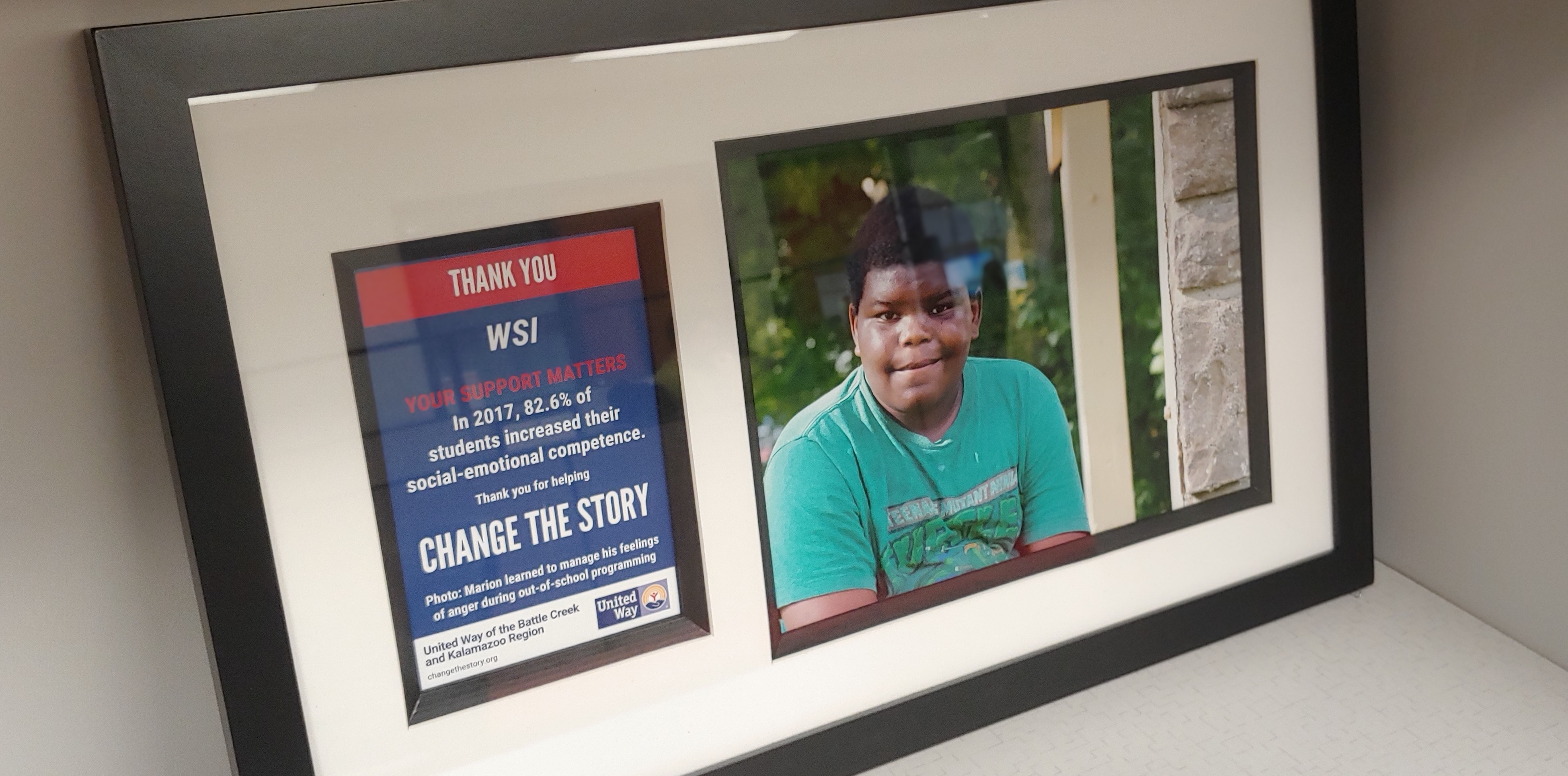As they say, there’s no second chance for a first impression. Keep this in mind when communicating with your potential employer for the first time! Believe it or not, there are a few ways you can impress your WSI recruiter before you even step through the door.
Continue readingWhat to Consider Before Accepting a Position
So, you’ve been offered a position. Congrats! All your hard work has paid off, and now you’re ready to set sail on your next employment journey. (Well, almost.)
Continue readingYou down with GCC (Global Cash Card)?
The Global Cash Card is an easy and safe alternative for direct deposit. You’ll be paid directly through your card and can use it to make purchases, pay bills, and even get cash from ATMS.
Continue readingUnited Way – A Helpline for Those “Not So Sure” Moments
Need help, but aren’t sure where to turn? United Way 2-1-1 has your back. As a 24/7, free and confidential service, 2-1-1 is able to connect you with the appropriate resources to address (and overcome) needs and challenges.
Continue readingHow We’re Making Your Job Search Easier
Your biggest need: to find a job. Like, yesterday. But if you’re feeling like your job search is an endless drain of time and energy as you fire off your resume from one black hole to another without hearing back from anyone, this is a must-read.
Continue readingThe Importance of Calling When You’re Running Late
We’re all guilty of accidentally sleeping in on occasion, and then there are the circumstances beyond our control: bad traffic, icy roads, sick kids, getting sick from said sick kids. One thing’s for sure, though: if you’re going to be late or are unable to come to work, you should give your supervisor a heads up.
Continue readingSetting Yourself Up for Success in the First 90 Days
Congratulations – you got the job! You’re excited, relieved to have survived the interview, and are looking forward to bringing home those paychecks. The first 90 days in any new job is a training period where you’ll learn the nuances of your new employer, familiarize yourself with your new role and responsibilities, and generally acclimate to your new home away from home. Here are some do’s and don’ts to set yourself up for success in those first 90 days in your new job.
Show up every day on time
Common sense tells us that this is a no-brainer, right? And yet, we can’t drill this point home enough. They’re paying you to be there, and they want to pay you for a full shift, not 3/4 of a shift. Obviously, if you’re severely ill, that cannot be avoided and is completely understood, but the first 90 days are not a good time to call in sick because of March Madness. Remember that they’re keeping a close eye on you at the beginning, so it’s important to exceed expectations and remind them you’re a good hire.
Smell nice
Seriously! Be mindful of your hygiene, especially if you work in close proximity with others. Don’t be known as the smelly one! Take regular showers, use deodorant (especially in the summer), brush your teeth, and wear freshly laundered clothes that don’t smell like last night’s dinner. Conversely, don’t be the person who smells like they bathed in a tub of strong cologne or perfume. A little goes a long way!
Don’t use your cell phone
Most companies have cell phone policies that you should adhere to. They want you to be focused on your job, not checking out every few minutes to answer your phone or text. If you find yourself in the midst of a family emergency, notify your supervisor and ask if it’s okay to make a call.
Be engaged
You can’t impress your supervisors with all your hard work if you’re taking frequent, long breaks! Be present so you can show you’re focused on your job and eager for more opportunities and responsibility.
Be safe
Your company relies on workers who follow the rules and make safe decisions. They’re protecting you and themselves—from lawsuits, higher insurance premiums, and even safety violations. Show that you’re a team player by recognizing the importance of maintaining a safe workplace. Wear earplugs, protective eye wear, and/or whatever your company requires. Protect yourself, your co-workers, and your company. Safety looks good on ya!
Be friendly and helpful
Build relationships with those around you. Have lunch or take a coffee break with them. Develop a reputation of being trustworthy, hardworking, and reliable. Follow through on commitments, show initiative, and offer to help out when you can. Be the “go to” person that co-workers grow to depend upon.
Be polite and respectful
As you make friends, remember you’re at work and you’re a professional. Don’t tell inappropriate jokes (even if your coworkers are). Keep your language and behavior clean and respectful!
Be ready to learn
There are lots of moving parts in any organization, so familiarize yourself with as much as you can. Understand the whole business, what each department does and how they work together. If you understand the bigger picture, you’ll become a valued decision maker regardless of your title.
How to Address Being Previously Fired During an Interview
If you’ve been fired from a job in the past, welcome to the club. If you feel like you’ve been walking around with a scarlet letter on your back, it might help knowing that It happens more frequently than you realize. It doesn’t mean that only ‘bad’ people get fired, either. But it sure can make you dread future job interviews, as you’ll inevitably be asked why you left your last job. We promise there’s no need to panic or lose sleep over it! WSI staffing coordinators share their advice and help walk you through it.
Be Honest
Honesty is always, always, always the best policy. Corporate layoffs and downsizing are understandable and out of anyone’s control. But what if you were let go for reasons within your control? Owning up to it shows your maturity and that’s something that any employer can appreciate. Simply admitting that you goofed and made some mistakes will suffice. Employers know there’s no such thing as the perfect employee or the perfect work history, and odds are, they’ve been in your shoes at some point in their career, too. So be truthful – we promise we can handle it.
Share What You’ve Learned
You did it – you ripped the band-aid off and told them out loud that you were fired and the floor didn’t open and swallow you up! Phew! (Feel better?) Now that the cat’s out of the bag, employers are most interested in what lessons you learned from the experience. Here are some solid examples:
“I learned to manage my time better through prioritization and asking for help if I’m falling behind.”
“After the shock wore off, it gave me a chance to step back and realize that I really wasn’t happy doing that line of work anyways.”
“I realized my communication skills needed some fine-tuning, and have been more aware of how I come across and how I interact with others.”
Whatever your answer, keep it short and sweet, and never bad-mouth your former employer.
Stay Positive
One thing’s for sure: your skills and experience are exactly what your next employer is looking for. Remain confident and repeat after us: “Being fired was simply a speed bump in my career…a learning experience…a challenging situation I was able to overcome.” Remember to mention that you’re excited for a new opportunity that better matches your skill set and career aspirations.
Have a Stellar Resume and References
Your career won’t end just because you got fired; often it’s a minor blip in your work history. So show us the bigger picture with a strong resume that details all of work experience, skills, and accomplishments. Gather two or three references from people who can vouch for your work ethic and personality, and give them a heads-up so they’re not caught off guard when potential employers come a-callin’. Tell them about the job you’re applying for and remind them of some of your skills and experiences that make you a qualified candidate.
Practice Your Response
As silly and unnatural as it feels, it does help to script out a solid answer and rehearse it beforehand. Grab a friend or stand in front of a mirror and practice it out loud until you can say it without stumbling over any words. Don’t forget to maintain eye contact with your interviewer and end it with a smile.
6 Things to Tell Your Staffing Coordinator
Your staffing coordinator is your ally in helping you find a job. Let them hear everything straight from the horse’s mouth! Here are some things you need to share with your staffing coordinator so they can best advocate for you.
Continue readingWhat to Bring to an Interview to Be Prepared
The more prepared for an interview you are, the better you’ll do. If you’re confident, knowing you’ve done your homework and have everything you need, you’ll shine through the whole interview. Here’s what you need to bring to an interview.
Continue reading



